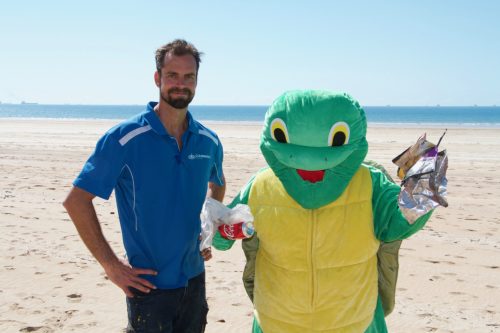Twenty-one small steps for Mackay and the Whitsundays, one giant leap for our reef.
Twenty-one diverse organisations in Mackay and the Whitsundays are paving the way to change for International Year of the Reef (IYOR).
From local council, to conservation, to coal – all sectors have come together under the umbrella of the Mackay-Whitsunday Healthy Rivers to Reef Partnership to pledge their own International Year of Reef initiatives.
The campaign sees the local Mackay Whitsunday region take a lead in championing reef-driven collaborative action.
“From reducing single-use plastic and food waste in the office, to investing in Great Barrier Reef science and research – pledges are as diverse and varied as the Partnership itself,” said Charlie Morgan, executive officer of the Mackay-Whitsunday Healthy Rivers to Reef Partnership.
“This campaign shows a real energy and commitment to collaborative action for the Reef from the Mackay Whitsunday region.
“This is locally-led, local groups and industry proactively looking at changes and contributions they can make to the bigger reef picture.”
Pledges were formally announced at an August event at Salonika Beach where six of 40 new Gross Pollutant Traps (GPTs) have recently been installed. Details of the pledges.
Ms Morgan said: “The site highlights a commitment from Mackay Regional Council and Dalrymple Bay Coal Terminal to reduce the amount of litter and plastic entering our waterways, through the installation and use of Gross Pollutant Traps.
“Theo the turtle mascot will be there on the day to help empty the traps and explore some of the common litter that can end up in the sea, where it impacts marine life like turtles.”
Mackay Regional Councillor Karen May said council was proud to support the Mackay Whitsunday Healthy Rivers to Reef Partnership.
“We understand that as a council, we need to play our part in protecting the reef,” she said.
“Our pledges support our commitment to improve the health of the Region’s waterways. There are currently 252 GPTs located in the City Centre as well as the townships of Walkerston, Marian, Mirani, Slade Point, Hay Point, Salonika Beach and Sarina,” Cr May said.
“They have proven extremely effective in reducing the amount of waste that enters our waterways, which flow out to the Great Barrier Reef.
“Over the last three and a half years, over 47 m3 of rubbish has been captured in these traps.”
Following the success of this project, Dalrymple Bay Coal Terminal recently partnered with council to install 40 new traps in the Hay Point, Salonika Beach and Sarina areas.
“The more traps we have around the region, the less waste that ends up in our waterways,” Cr. May explained.
“We commend DBCT for their positive contribution to our environment and the Great Barrier Reef and look forward to working with them on more projects in the future.”
FAQs
Gross pollutant traps – what do the traps catch?
Any litter or rubbish that would otherwise head to sea through street drains. Monitoring of current gross pollutant traps in Mackay’s CBD show some of the common culprits can include – bubble wrap, plastic food packets (wrap, packets, containers etc), plastic drink bottles (water, juice, milk or soft drink), plastic non-food containers (oil, sealant, chemical etc), straws, cup lids and tops, styrofoam, and cigarette butts.
Mackay-Whitsunday Healthy Rivers to Reef Partnership – what is it?
The Mackay-Whitsunday Healthy Rivers to Reef Partnership (HR2RP) is a Partnership of local organisations committed to a shared, community-led approach to the long-term management of Mackay-Whitsunday waterways and marine environments. The Partnership is responsible for the annual waterway health report card for our region.
Our involved partners are taking action to improve regional water quality.
IYOR – the significance
2018 is International Year of the Reef (IYOR). This is the third International IYOR, it takes place roughly every 10 years. Everyone – regardless of where they live – can help take action to look after the environment and more sustainably manage resources, which will ultimately help reefs.




